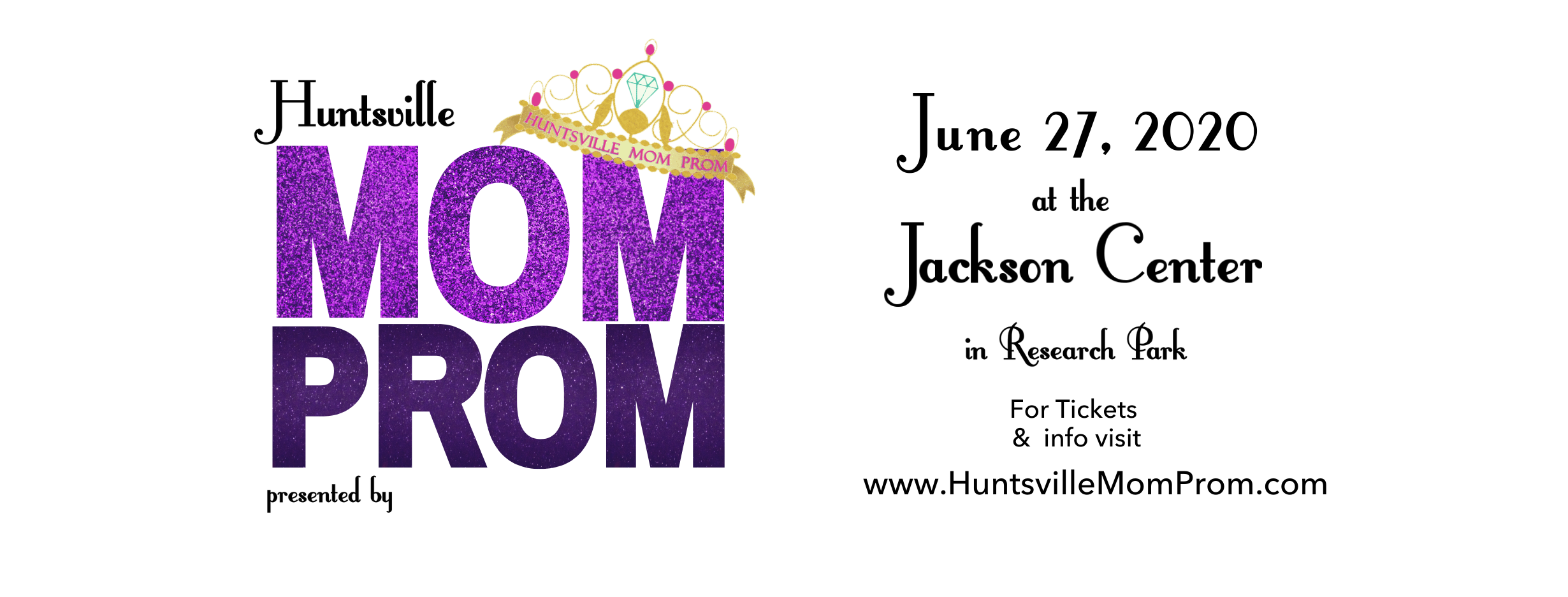If you`re a coach, you may be wondering how to get started with the process of contracting with clients. Contracting in coaching refers to the agreement you make with your client that outlines the terms and conditions of your coaching relationship. Having a contract is important for both you and your client, as it helps establish clear expectations and protects both parties in case of any unexpected situations or misunderstandings. Here are some tips on how to contract in coaching:
1. Clearly define the scope of your coaching services
Your contract should outline what kind of coaching services you will be providing, the expected outcomes, and the duration of the coaching relationship. Make sure your client fully understands what they can expect from you as their coach, and be clear about your areas of expertise and limitations.
2. Establish clear communication guidelines
It`s important to establish how you and your client will communicate with each other during the coaching relationship. Will you have regular scheduled calls or meetings? Will you be available to answer emails or texts between sessions? Will you use any specific tools or platforms for communication? Make sure your client is aware of how to contact you and when they can expect a response.
3. Set clear boundaries and expectations
Your contract should also outline your coaching fees, payment terms, cancellation policy, and any other important information such as confidentiality and ethics. Make sure your client understands what is expected of them in terms of attendance, participation, and their commitment to the coaching process.
4. Review and sign the contract
Once you have created your contract, review it with your client and answer any questions they may have. It`s important that both parties understand and agree to the terms of the contract before signing it. Make sure to keep a copy of the signed contract for your records.
In summary, contracting in coaching is an important step in establishing a successful and professional coaching relationship. By clearly defining your coaching services, communication guidelines, boundaries, and expectations, you can help ensure a positive coaching experience for both you and your clients.

